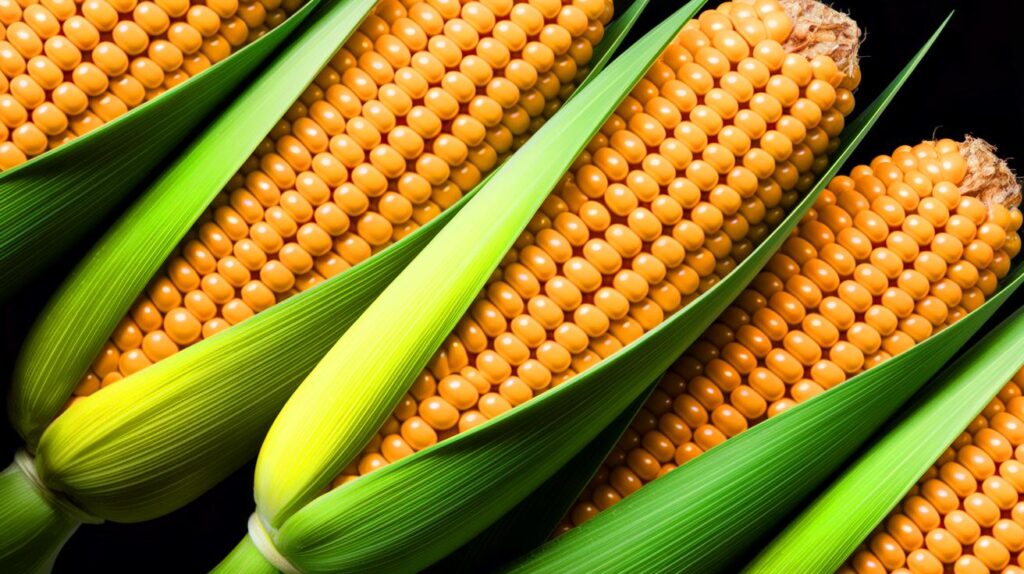| In Brief |
|
Corn, far more than just a food commodity, could play a crucial role in the technological development of tomorrow. Thanks to its unexpected properties, researchers at Washington State University have discovered that corn can enhance the performance of lithium-sulfur batteries, a promising type of battery for electric vehicles and renewable energy storage systems. This advancement could revolutionize the energy industry by making these batteries more efficient and sustainable.
The Hidden Power of Corn
Scientists have demonstrated that a separator made from corn protein and a commonly used plastic significantly enhances the performance of lithium-sulfur batteries. This innovative separator has enabled the batteries to retain their charge over more than 500 cycles, a considerable improvement compared to batteries without this barrier. This discovery offers a lighter and more sustainable alternative to traditional lithium-ion batteries. Lithium-sulfur batteries use sulfur for their cathodes, a resource that is abundant, non-toxic, and cost-effective, in contrast to toxic heavy metals like cobalt or nickel used in lithium-ion batteries. However, these batteries face challenges such as the shuttle effect, where sulfur escapes to the lithium side, causing rapid failure. Corn proteins could be the solution to these limitations, acting as a protective cover for the separator at the heart of the battery.
A Natural Solution for Battery Lifespan
The amino acids from corn proteins react with battery materials to enhance lithium ion movement and inhibit the shuttle effect. Researchers added a small amount of flexible plastic to naturally flatten the folded proteins, thus enhancing their performance and stability. Manipulating amino acid interactions and protein structure is crucial for optimizing battery efficiency. Both numerical and experimental studies have validated the promising results. Researchers are continuing their investigations to determine which specific interactions improve performance, aiming to address critical challenges such as the shuttle effect and dendrites.
Toward Potential Commercialization
Researchers are now considering collaborating with industry partners to study larger-scale experimental batteries and to adapt this process for broader applications. This research, led by PhD students from Washington State University’s School of Mechanical Engineering and Materials, has been published in the prestigious Journal of Power Sources. Involvement from the industrial sector could accelerate the transition of this innovation from the lab to commercial application, paving the way for practical and widely used lithium-sulfur batteries.
Perspectives for Future Energy
The incorporation of corn in battery manufacturing could transform our approach to sustainable technologies. As a natural and renewable resource, corn holds immense potential to reduce our reliance on heavy metals and costly materials. The implications of this research extend beyond mere technological gains; they also address crucial environmental and economic issues. As the world moves towards cleaner and more efficient energy solutions, how will this innovation influence future global energy strategies and environmental policies?







